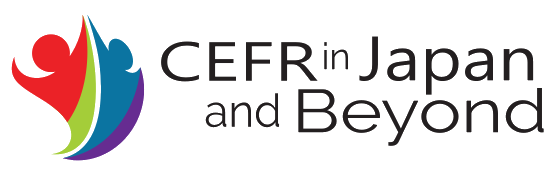Journal
CEFR Journal - Research and Practice - Volume 2 (June 2020)
Volume: CEFR Journal - Research and Practice Volume 2 (https://cefrjapan.net/journal)
Date: June 20, 2020
Title: Trolls, unicorns and the CEFR: Precision and professionalism in criticism of the CEFR
Page: 8 -24
Author: Brian North (CEFR and CEFR/CV co-author)
This article is open access and licensed under an Attribution-NonCommercial-NoDerivatives 4.0 International (CC BY-NC-ND 4.0) license.
Abstract: This article starts by recalling the reasons that have been given for the CEFR’s success, for example its neutrality, the way it encourages the constructive alignment of planning, teaching and assessment and helps educators to fulfil both instrumental and educational goals. It then reviews and responds to some of the main criticisms that have been made of the CEFR over the past twenty years concerning the relationship of the CEFR to linguistic theory, the compatibility of the CEFR descriptors with research in second language acquisition and corpus linguistics, the development methodology and formulation style of the descriptors, the intended scope of the CEFR itself and its relationship to socio-political power. It points out that many of these criticisms are based on misunderstandings or misrepresentations and underlines that a sustained constructive engagement with the CEFR is necessary if criticism is to inform future revisions. The article also draws attention to some of the innovations brought by the CEFR, which have tended to be overlooked, and which are reinforced and further developed in the recently published update to the CEFR, the CEFR/CV, which has just in its definitive form.
Keywords: CEFR criticism, reasons for success, descriptors, research base, theory, CEFR innovations, CEFR Companion Volume (CEFR/CV), development methodology, action-oriented approach, corpus linguistics
* * * * * * * *
(Last update March 6th, 2023 MGS)

